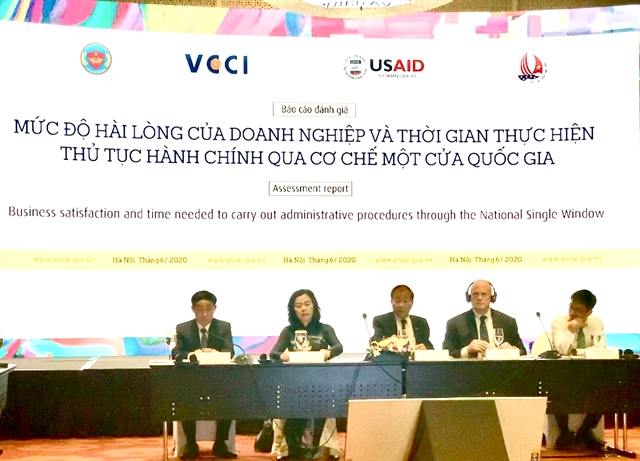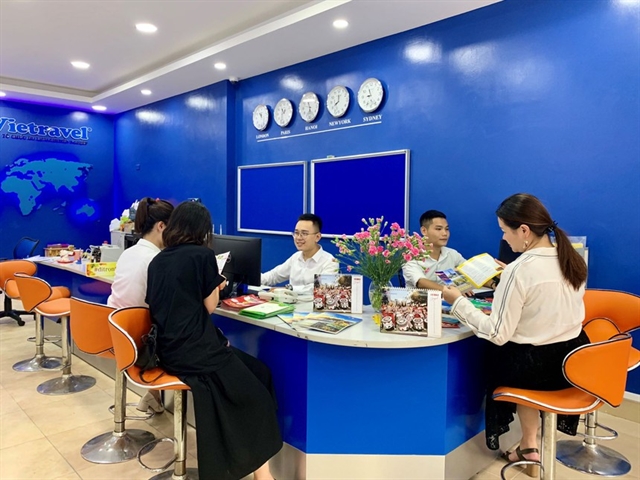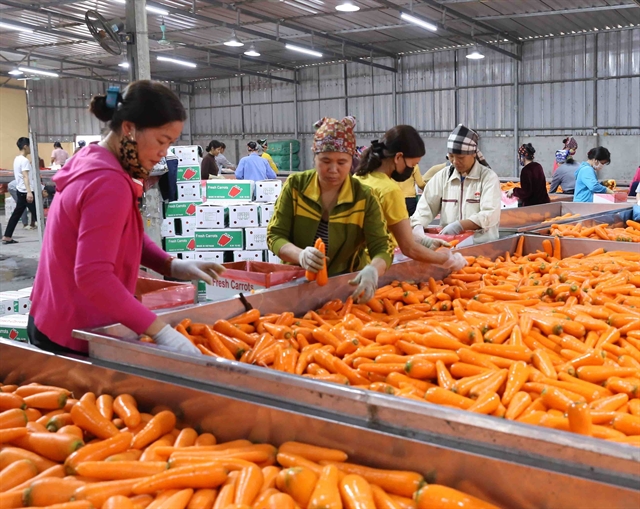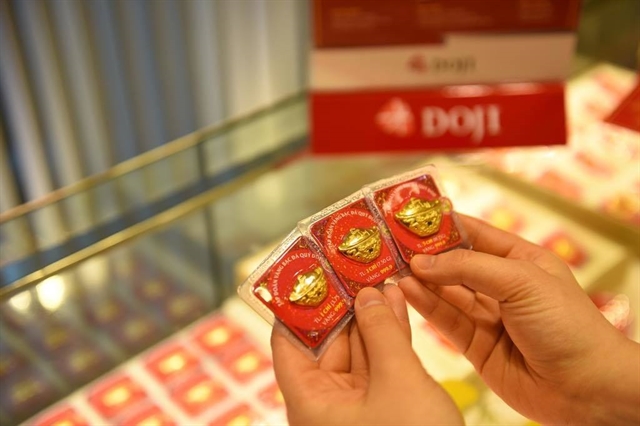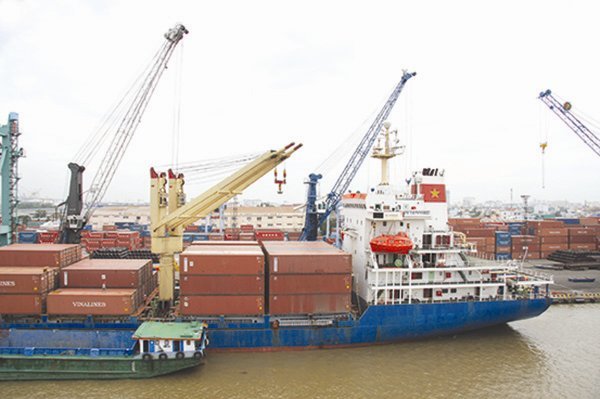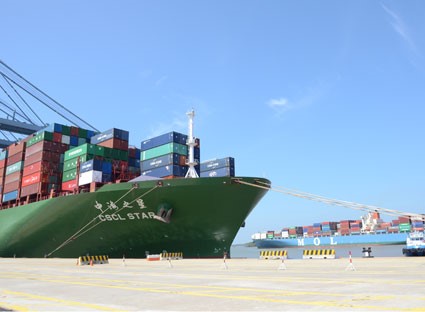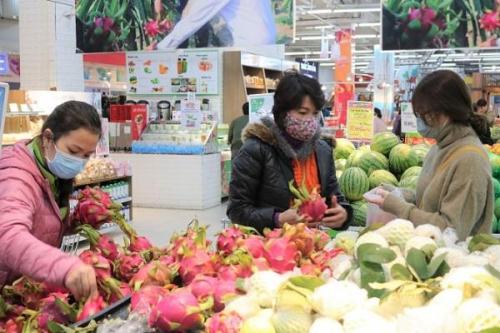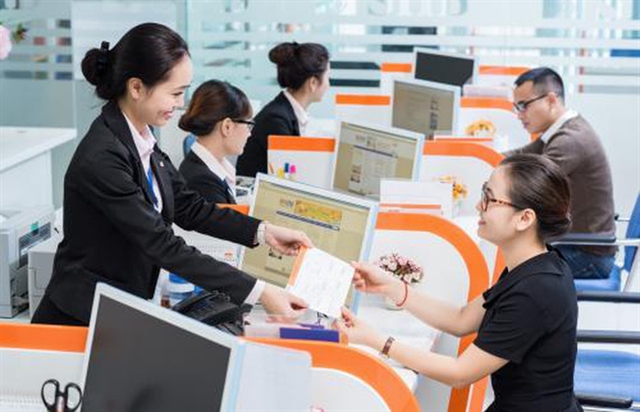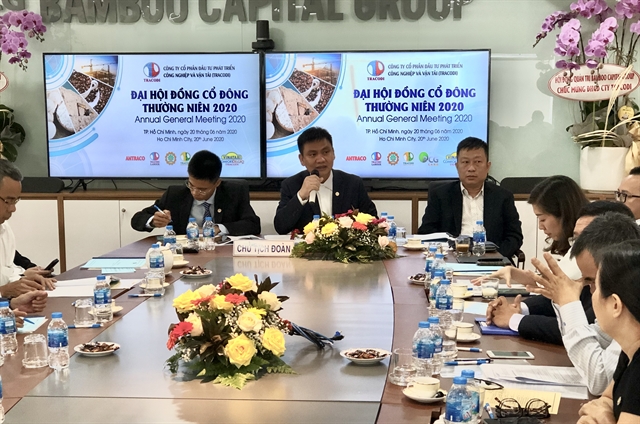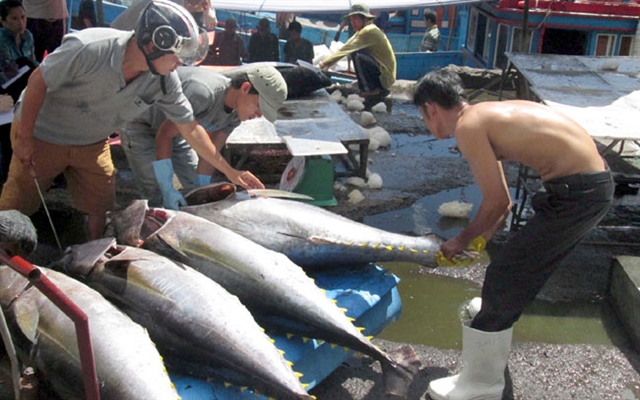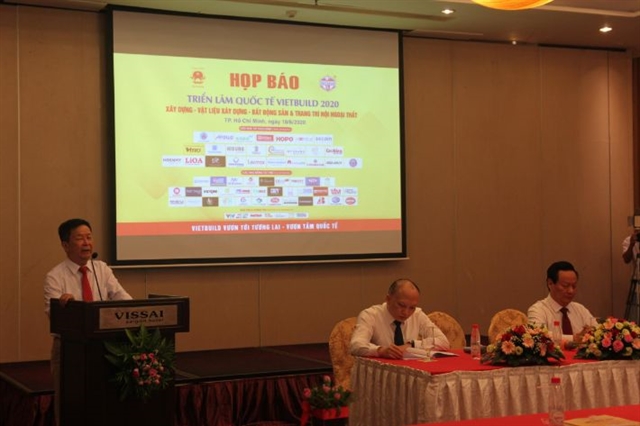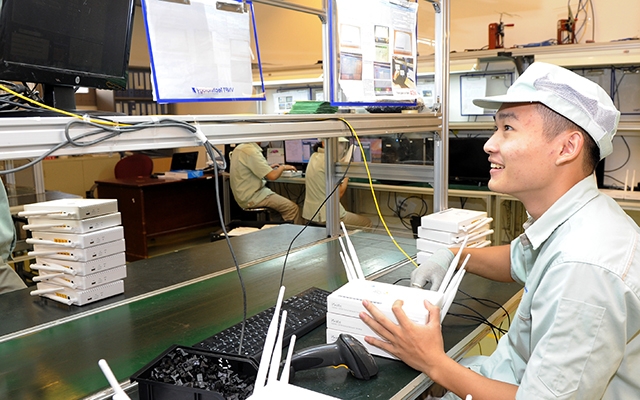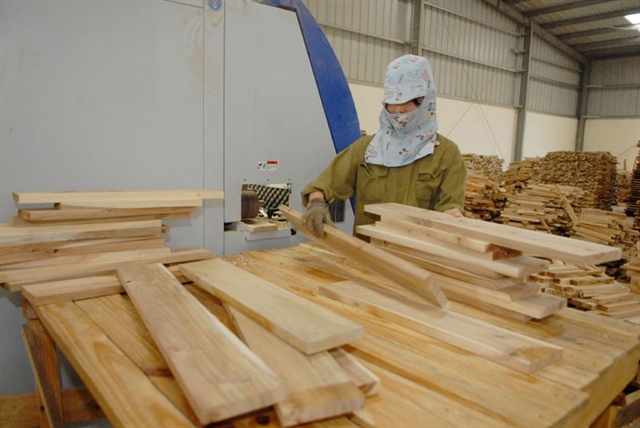
HÀ NỘI — Although accounting for a small proportion of the total trade defence cases, investigations into wood products are on the rise.
The Ministry of Industry and Trade has dealt with 176 trade defence cases applied by foreign countries on Vietnamese exports as of this month.
Of these, seven cases are related to wood products, accounting for only 4 per cent of the total. However, there has been a recent uptick in the cases.
There were only three cases on wooden products from 2007 to 2017, but there have been four since 2018.
Export turnover in recent investigations of products has also greatly increase compared to the 2007 – 2017 period.
India launched an anti-dumping investigation into medium density fibre (MDF) in 2015, a product with an export turnover of about US$3.1 million.
Meanwhile, the South Korean plywood investigation last year looked into a product with an export turnover of about $170 million.
Most recently, the US Department of Commerce (DOC) initiated an anti-dumping and countervailing duty investigation to be applied to Chinese plywood products imported from Việt Nam on June 17.
The export turnover of this product to the US was about $300 million last year.
To effectively deal with trade defence cases, besides the Government's efforts, the manufacturing industry and enterprises play an important role, especially in building the value chain, modernising the management system and developing legal raw materials.
The Ministry of Industry and Trade recommended Vietnamese plywood exporters learn mechanisms, regulations and procedures of the US investigation and improve the management system and data to meet the requirements of information, prove the origin of raw materials, and work with relevant agencies in importing countries for investigation.
Experience has shown that co-ordination and information provision from enterprises plays a decisive role to ensure the interests of domestic enterprises and industries, said the ministry.
The ministry also recommended wood exporters develop strategies to diversify products and export markets to disperse risks and avoid concentrating on one market.
Businesses should have a strategy to develop domestic raw materials to increase the added value of the products, a long-term solution to respond to such investigations.
They are also asked to work closely with the Ministry of Industry and Trade in handling investigations. — VNS

